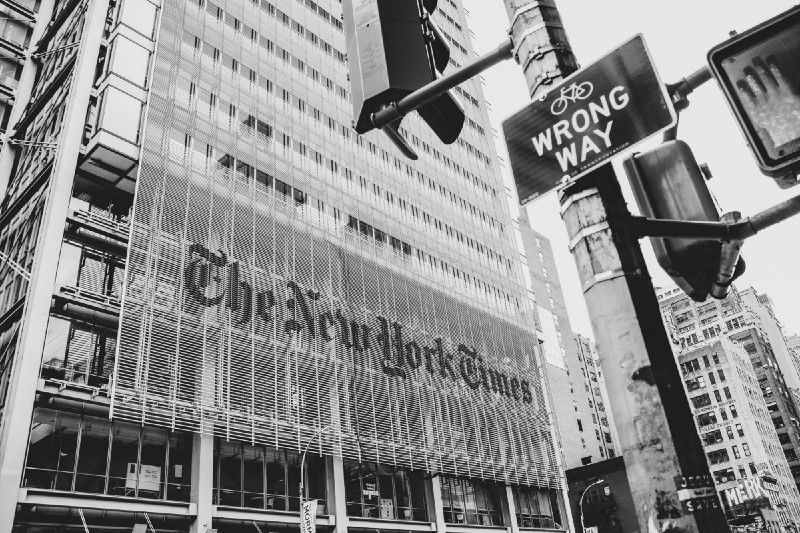Wordle — A Modern Day Parable.
Wordle was the online viral puzzle sensation of 2021. Developed by Brooklyn software engineer Josh Wardle as a gift to entertain his…

Wordle furore is a five letter word…SPITE?
Wordle was the online viral puzzle sensation of 2021. Developed by Brooklyn software engineer Josh Wardle as a gift to entertain his girlfriend, Wordle quickly took off attracting millions of players of the game every day.
Players visit the Wordle site to guess the correct five-letter secret word of the day in as few turns as possible. And then many go on to share their word-wizardry on all their social media channels to brag and shame their less literary gifted friends.
As a passion project for Wardle, Wordle was pure — free to everyone, with no sign up, no ads and no background tracking of the users.
Such was the success of Wordle, that Wardle sold his creation to the New York Times (NYT) in January 2022 for a rumored $1million (undisclosed).
Many expected Wordle to disappear behind the NYT paywall in short order. Puzzles, along with cookery and product reviews reportedly drive 30% of the paper’s new subscribers.
On the surface, the Gray Lady has done little to change the game since acquisition. Apart from some subtle changes to the game’s font and the solution reveal mechanic, Wordle remained ad and subscription free.
However behind the scenes, the paper is apparently earning their investment back through dropping a number of 1st Party and 3rd Party trackers on the puzzle players’ desktops.
Players won’t notice any changes, and many don’t care about the tracking. They accept that they are tracked on every site they visit. It is a fair price for their daily pleasure.
Yet the tracking changes have created a storm amongst some other news outlets (including Forbes and Gizmodo) that have gleefully been throwing mud at the Wordle’s new proprietors, whilst the same news outlets that have their snouts firmly in the data trough and are actually collecting as much/more data than the game does.
It seems that the ‘fallen’ nature of a pure, clean, worthy and free fun game to the opaque and nefarious ad surveillance world has caused the storm. But there does seem to be a hint of spite in the reporting.
NYT has stated that Wordle does less tracking “than what is standard for the industry.” Following the CCPA legislation, NYT has been principled on their data capture position stating that ‘We no longer sell your personal data.’
On investigation, the list of businesses that are collecting or receiving data from Wordle seems restrained compared to other digital media publishers. A quick analysis on Ghostery, the ‘tracking the trackers service’ revealed the following 3rd party ad tracker score:
Wordle: 2
NYT: 5
Gizmodo: 14
Forbes: 20
In common with most digital publishers, Wordle does allow some additional 1st Party tracking services, useful for the NYT’s own analytics, but it certainly does not resemble the description of the feeding frenzy of players’ personal data by third-party advertising systems.
